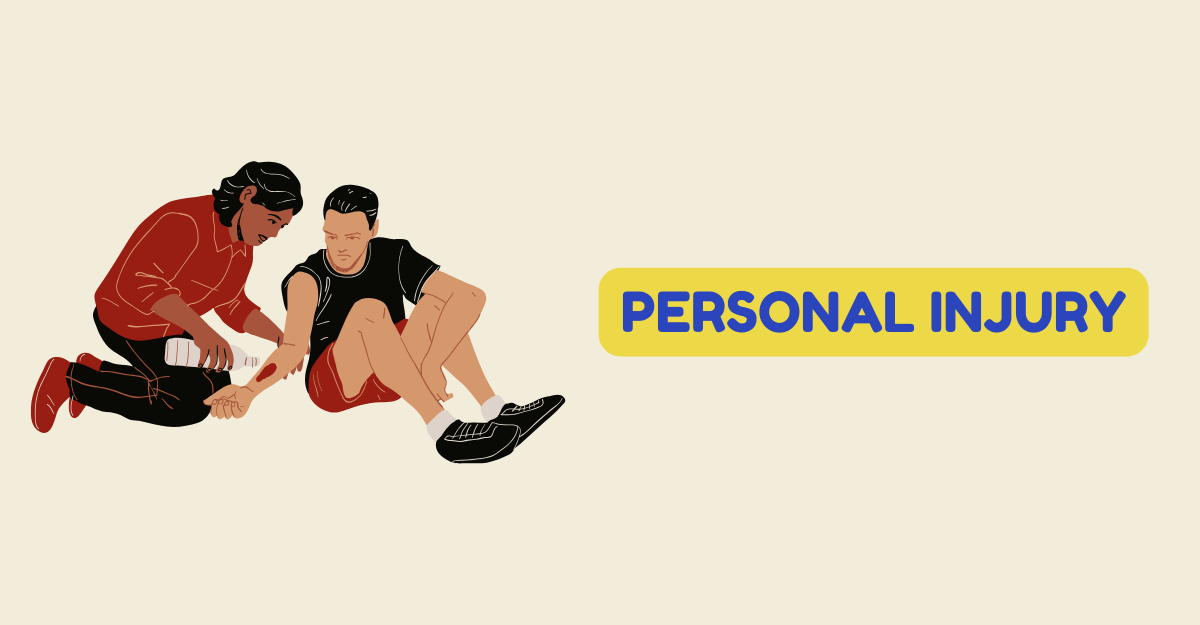
Personal Injury
If you’re involved in an auto accident, the last thing you want is an issue with your injury and property damage claim. After all, you have enough going on without adding to the stress. However, sometimes mistakes can happen, like deadlines are missed or filing a claim in the wrong court, and these are only a few examples of procedural issues affecting your case.
Thankfully, there’s an easy solution to these and other potential procedural issues. To ensure you receive compensation after your car accident, there are a few steps you should follow.
Be Aware of the Statute of Limitations
New Mexico has a strict statute of limitations when it comes to filing a personal injury claim. This deadline applies to filing a claim with your insurance provider and/or in civil court. You have two years from the date of the accident to file a claim.
However, waiting this long is rarely a good idea. You may lose evidence and this can hurt your claim. Waiting until the filing deadline is almost up can also result in mistakes. Your paperwork may be rushed to the wrong court or mistakes pop up on your claim paperwork. Neither is these are grounds for extending the statute of limitations.
There are a couple of exceptions to the statute of limitations. Minors can extend it until their 18th birthday. However, the same two-year statute kicks in when they turn 18 years old. Another possible exception may be if your injuries are too severe for you to participate in your case; a coma is a good example.
Don’t try to use a broken arm or leg as a reason to extend filing deadlines. Your injuries must be catastrophic and medical proof is required.
Head to the Right Court
Yes, all court buildings and offices often look the same but this isn’t an excuse to file a personal injury claim in the wrong court. Don’t be surprised if the clerk doesn’t alert you to the mistake. Chances are they’re too busy to pay attention to your paperwork. They just file it in a folder earmarked for the judge.
So, what court do you want to head to? All personal injury and property damage claims go through civil court. This means skipping over other courts like criminal and bankruptcy. Guess what, if you miss a filing deadline because you went to the wrong court, you’re not going to get an extension.
The civil court must also have jurisdiction over the accident scene. For example, if you’re injured in Albuquerque and live in Santa Fe, you must file your personal injury claim in the city where the vehicle wreck occurred.
You Can’t Reopen a Closed Case
Okay, this is when the Latin term Res Judicata comes into play. Yes, it’s a legal term and it can impact your personal injury claim. What does it mean? Res Judicata literally means case closed, and once you accept a settlement offer it applies to your claim.
If you reach a settlement agreement, but it’s not enough to cover your ongoing expenses, you’re basically out of legal options. You can’t go back and file another claim for the same accident, even if the statute of limitations hasn’t run out. Your case will be dismissed on Res Judicata grounds and this potential issue is more common than you may think.
To ensure you receive full and fair compensation, it’s a good idea to work with an experienced personal injury attorney. They can help you calculate both your economic and non-economic damages. This way, you’re not stuck paying for accident-related expenses after settling your injury claim.
Understand Comparative Negligence
Understanding comparative negligence is easier than you may think. The rule simply assigns blame to one or more drivers involved in the accident. However, before you start panicking this doesn’t automatically mean you may be ineligible for compensation.
New Mexico’s comparative negligence law is a little different than some other states. You can still seek compensation even if you’re more than 50 percent to blame for the accident. However, your settlement amount will reflect the percentage of blame you’re assigned.
For example, if you’re assigned 60 percent of the blame, your settlement amount will be reduced by the same percentage. Even if you’re 99 percent to blame, you can still file a personal injury claim. Don’t forget, you will need to prove the other driver acted negligently, and this isn’t always easy when you’re also partially responsible.
Don’t Worry About Caps on Damages
Whether you’re assigned some or none of the blame, you don’t need to worry about caps on your damage amounts. New Mexico doesn’t cap settlements for damages relating to accidents, and this includes economic and non-economic damages.
If you’re assigned some of the blame for the accident, the lack of a cap can help ensure you recover enough to take care of any expenses relating to the accident.
How to Avoid Potential Procedural Issues
A great way of avoiding potential procedural issues is by working with an experienced personal injury attorney. You also want to pay attention to all filing deadlines, including the statute of limitations. Remember, there are very few exceptions and you’re probably not going to meet any of them.
You also want to pay attention to all paperwork. Carefully read through every page. Even a simple spelling mistake can derail your personal injury case. For example, if your address is incorrect or your name is misspelled. Remember, typos can happen and the tiniest error can have devastating consequences.
Something else you should do is stay in contact with your personal injury attorney. You probably aren’t going to need to call every day but stay in touch during your case. This is one of the best ways of avoiding any issues that can impact your case.
Contact a Personal Injury Attorney About Your Car Accident Case
Working with an experienced accident attorney is a prudent approach to avoid any procedural missteps in the aftermath of an accident. These attorneys are well-versed in the complexities of accident law, including the nuances of filing claims, deadlines, and negotiations with insurance companies.
By leveraging their expertise, you can minimize the risk of encountering procedural errors that could potentially jeopardize your case.






